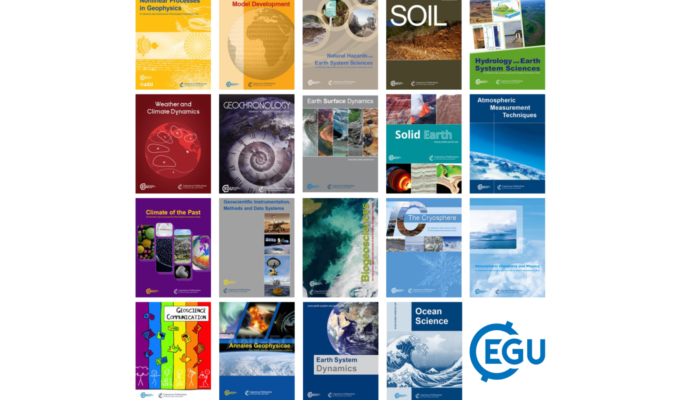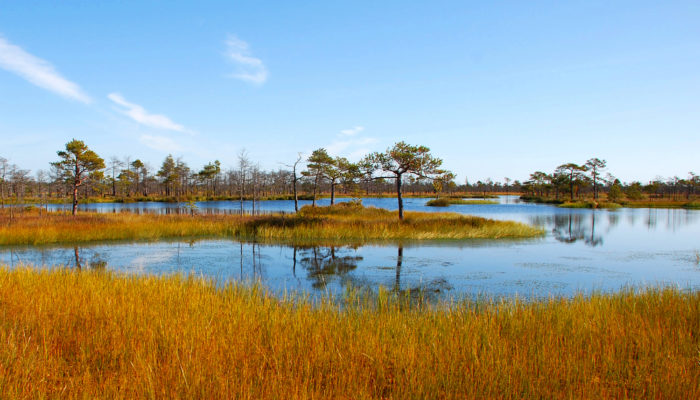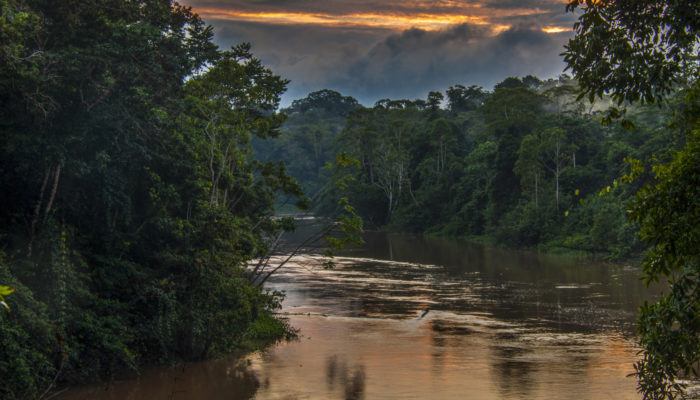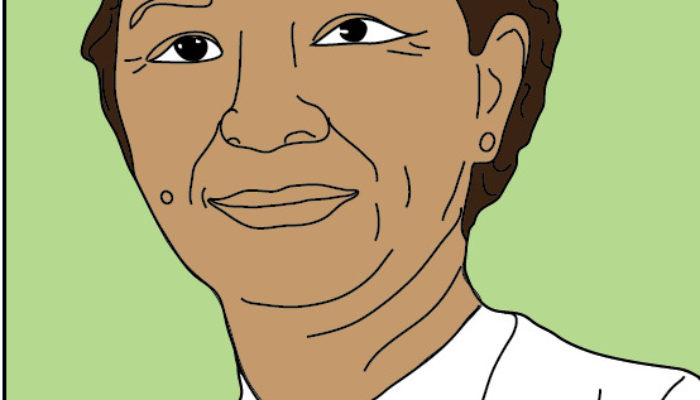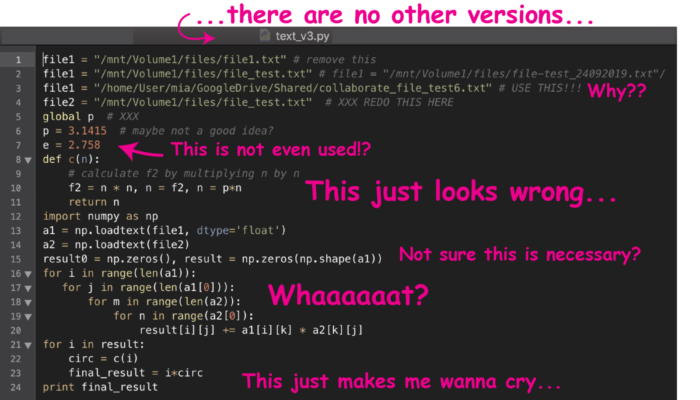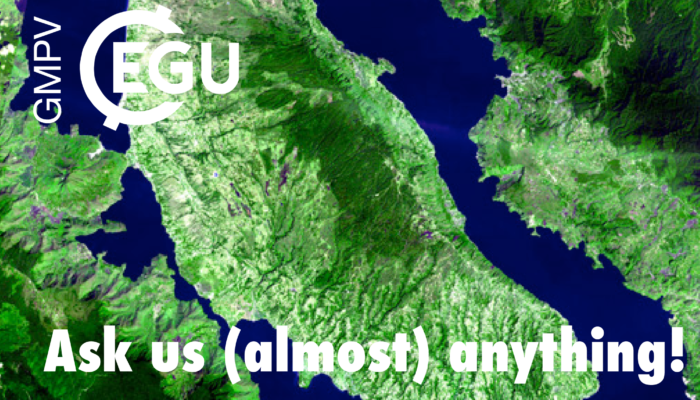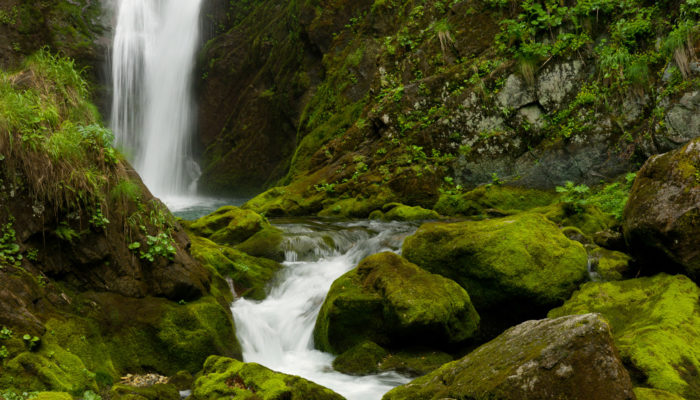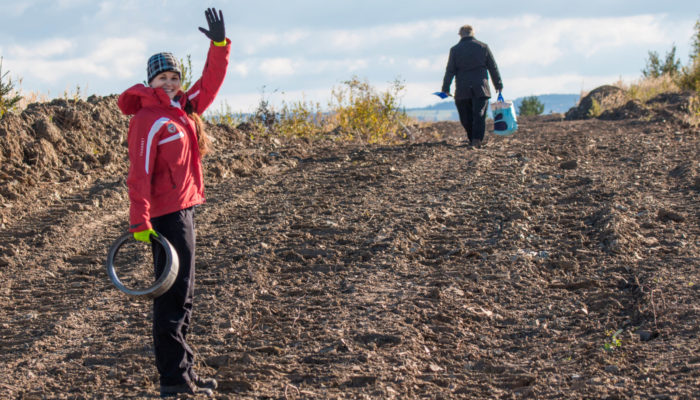Each month we feature specific Divisions of EGU and during the monthly GeoRoundup we will be putting the journals that publish science from those Divisions at the top of the Highlights roundup. For August, the Divisions we are featuring are: Biogeosciences (BG) and Soil System Sciences (SSS). They are served by the journals: Biogeosciences (BG), SOIL, Advances in Geosciences (ADGEO), Earth Surface ...[Read More]
GeoLog
3 ways geoscientists can support the Biodiversity Strategy for the EU’s Green Deal
The European Union Green Deal outlines an ambitious plan for turning climate and environmental challenges into opportunities to make the EU’s economy sustainable and make Europe the first climate-neutral continent. This plan covers a wide range of topics such as preventing biodiversity loss, achieving net-zero pollution and making the agricultural industry more sustainable. These topics include sp ...[Read More]
GeoLog
Don’t leaf it to the trees: Amazonian soils also work to store carbon.
The Amazon rainforest covers an area of 5.5 million km² and is well known for being an invaluable global resource for carbon storage. But it’s not just the trees and vegetation of the Amazonian rainforest that lock in and store carbon – the very soil in these forests can do the same thing, according to research published in EGU’s journal SOIL earlier this year. In this study Carlos Alberto Quesada ...[Read More]
Geodynamics
How to fall in love?
Ah, love – that elusive feeling most people search for. It can be hard to find and hard to hold on to. Let me help you out. This week, I will give you 10 definitive tips to find your perfect match and fall and stay in love with your research. 1. Size doesn’t matter Some people like big, broad research topics, while others like smaller, niche research topics for which you really need to dive ...[Read More]
Tectonics and Structural Geology
Marguerite Thomas Williams: The US’ first black person to obtain a doctorate in Geology
On the day of Christmas Eve, five years before the turn of the century, Marguerite Thomas Williams (December 1895 – August 1991) was born. She was the youngest of her five siblings born to her parents Henry and Clara Thomas. We don’t know much about her early life. Perhaps her older brothers and sisters would take her by the hand when walking to school, maybe the family would g ...[Read More]
Seismology
Git or Perish
Tell me if this sounds familiar to you: Act I After a fruitful discussion with a colleague, you exchange codes and algorithms. You are happy because you are convinced you will save some time through this collaboration and you don’t need to develop the same codes yourself. Act II The drama unfolds slowly. Firstly, you search without success for a README file or instructions on how to execute ...[Read More]
Geochemistry, Mineralogy, Petrology & Volcanology
Ask us (almost) anything: how is tuff formed?
Tarun Goswami, an archaeologist from India, asks: How is a tuff formed? and more specifically… Why do some deposits have more ash than others? We are paraphrasing – the questions are specifically about the tuffs formed in the Toba supereruption. So… you asked, we answer! First of all, modern definitions generally describe a tuff as a volcaniclastic rock composed of solid volcanic ...[Read More]
GeoLog
Imaggeo On Monday: The veins of the living planet
Today’s imaggeo on Monday provides us with a space to reflect on the interconnected nature of our planet’s systems. The photographer, Antonello Provenzale, wrote of this image: Earth is a living planet, where the water cycle plays an essential role. A waterfall in the mountains of Valle Pesio, Italy, in a landscape of vegetation and mosses, reminds us of the fluxes and cycles of water ...[Read More]
GeoLog
Geotalk: Olga Vindušková, the Soil System Sciences Division’s co-blog and social media co-ordinator!
Hello Olga, thanks for speaking with us today, can you tell us a little about your background and how you got to where you are now? Thank you for inviting me for what might be my first interview! My background is in environmental science and I chose to study soils because of how useful they are (in supporting ecosystems and our well-being) and how interdisciplinary their study is, spanning biology ...[Read More]
Geodynamics
The Sassy Scientist – A Last Minute Lark
Tatiana feels the pressure. A never-ending workload, a busy home life and unparalleled expectations of her own devising leave her with this: Why does everything have to be last minute in academia? Dear Tatiana, Last minute? Don’t know what you’re talking about. Nothing is last minute in case you’ve mapped out your activities properly beforehand. Do you find it difficult planning your to-do list an ...[Read More]

